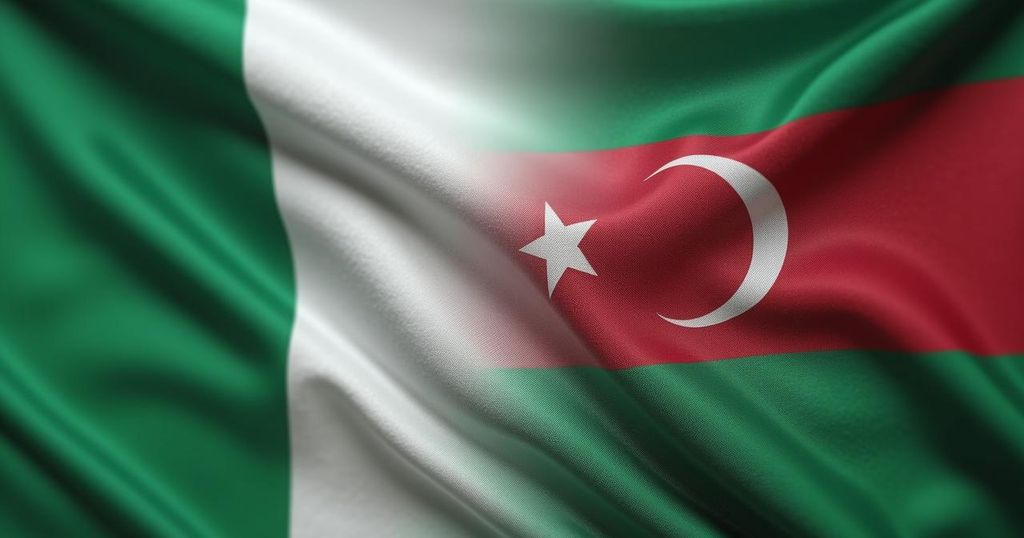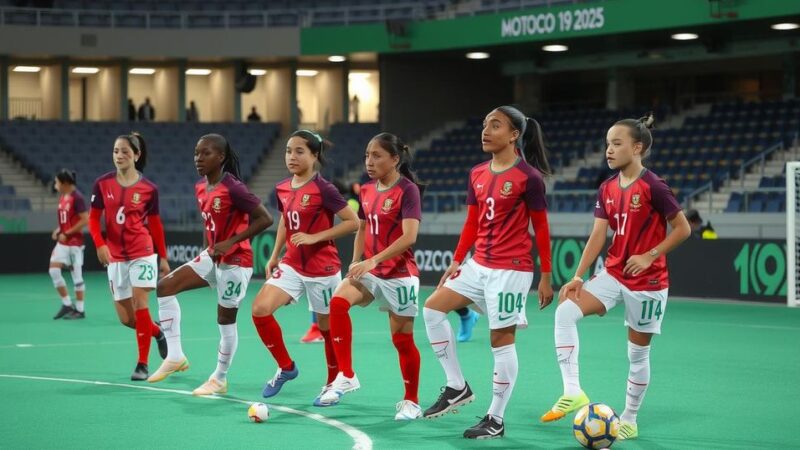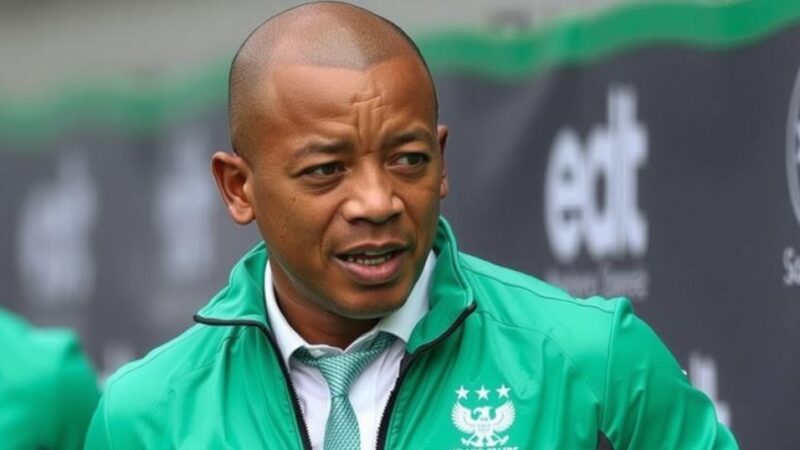The Nigeria national football team has withdrawn from their AFCON 2025 qualifying match against Libya due to severe mistreatment, having spent over 17 hours at an abandoned airport without basic necessities. Led by captain William Troost-Ekong, the players have decided not to play, prompting the NFF to arrange their return home. This incident raises significant concerns about player safety and the treatment of teams in high-risk regions, with calls for sanctions against Libya from former players and the NFF.
The Nigeria national football team, known as the Super Eagles, has decided to withdraw from their 2025 Africa Cup of Nations (AFCON) qualifying match in Libya following what they have described as ‘inhumane treatment’ during their time in the host country. The players, led by captain William Troost-Ekong, endured over 17 hours at an abandoned airport since their arrival on Sunday, without access to basic necessities such as food and water. The team was supposed to travel by road to the match venue in Benina, located south of the Libyan capital, Tripoli, but they opted to stay at the airport due to safety concerns. As a result of these conditions, the players have collectively decided to forgo the match, potentially conceding the points to Libya as indicated by Troost-Ekong’s statements on social media. The Nigeria Football Federation (NFF) announced that arrangements are underway to bring the players back home, acknowledging their decision not to proceed with the match due to the deplorable circumstances they faced. Troost-Ekong indicated that the Super Eagles’ aircraft had its landing in Benghazi denied by the Libyan government, which led to this troubling situation. The captain recounted the experience at the airport, documenting his teammates’ struggle in an environment marked by neglect and uncertainty. Additionally, Victor Ikpeba, a former African football player, has advocated for strong sanctions against Libya for this incident, arguing that such treatment is unacceptable in football, particularly in a high-risk environment like Libya. The NFF has filed a formal complaint with the Confederation of African Football (CAF) regarding this ordeal. The Nigerian embassy in Libya faced limitations in addressing the situation due to needing permission from the Libyan authorities. The Super Eagles currently lead Group D of the qualifying tournament, maintaining a competitive edge with seven points from three matches, while Libya remains at the bottom of the group standings.
This incident highlights the precariousness of international football competitions, particularly when involving travel to regions with safety and humanitarian concerns. Nigeria’s football reputation and ambitions for AFCON 2025 have been put at risk due to the lack of respect and basic welfare shown by the host nation. The relationship between football federations and governments in conflict-prone areas is vital in ensuring the safety and dignity of players during international engagements. Additionally, the response and actions taken by CAF in light of Nigeria’s experience may set precedents for future competitions involving similar political and humanitarian issues.
In conclusion, the decision of the Nigerian football team to boycott their qualifier in Libya reflects serious concerns regarding player welfare and safety in international sports events. The NFF’s complaint to CAF and calls for sanctions against Libya underline the need for accountability and improved conditions in hosting sporting events. The situation serves as a stark reminder of the challenges that athletes face beyond the realm of competition, emphasizing the importance of humane treatment and safety protocols in international sports engagements.
Original Source: www.aljazeera.com







